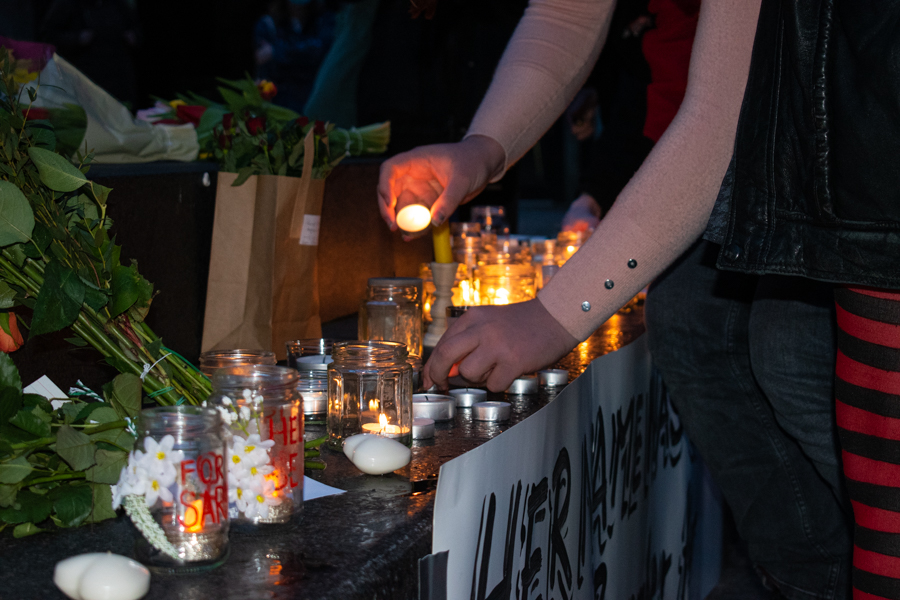In Italy, femicides are on the increase with 50 per cent of them being committed during the national lockdown. And it is usually inside the family that violence explodes, writes Irene Bisoni.
Up to 91 women have been killed in Italy in the first 10 months of 2020, according to Eures, an EU research agency.
The research suggests that in Italy a woman is killed nearly every three day – and this phenomenon does not seem to stop.
Eleven women have been killed just from the start of this year – and all of them by men.
It is no doubt that the Covid pandemic has made things worse.
The lockdown has created the isolation and constrictions needed for this type of crime to thrive.
The United Nations has declared this a “shadow pandemic” for its intensity on a global scale.
In the first lockdown, in Italy, calls to anti-violence centres have increased by 73 per cent.
Women already living in a situation of abuse and violence, cannot see a way out.
Particularly striking is the space in which femicides happen – 89 per cent of the crimes are carried out in the family context, which makes this phenomenon even more worrying.
But why is this the case? Why is Italy showcasing such awful figures?
As an Italian, I think this phenomenon is inextricably linked to the culture in which we are raised.
Violence against women is an expression of a culture of power, of subordination that should be weeded out from its roots.
It is not a case that violence starts in the family, it is in fact in the family that education, respect, values and gender roles are taught.
And it is painful to say, but in Italy, we have still a long way to go and still a lot to learn in terms of gender equality.
Progress have been made for sure, but it is still not enough.
Too many times, women are seen as property, as an extension of their partners.
Femicides found a fertile ground in a male chauvinist culture that perpetuates the idea of the woman as an inferior being, relegated to either a mere object or at a man’s service.
Men that cannot accept the end of a relationship, men blinded by jealousy, who decided to punish their ex-partners, or even the mother of their children for the simple reason that these women wanted to be free, to go on with their life, or because they finally escaped an abusive relationship.
Women killed by the hands of men that made them believe they loved them.
By the hands of who should have protected and respected them.
The mentality is clear: “If I can’t have you, you can’t have anyone else”.
What has really been done to help these women?
Too often the institutions arrive too late.
Women are either un-heard or not believed by the institutions when they report abuse and violence or are simply discouraged by a system that is not properly working to prevent these crimes happening again and again.
Violence against women should be in the political agenda, without delay.
Despite the numbers of women killed, femicides are relegated to crime news on newspapers and not in the political debate.
We either change our approach, or femicides will increase.
Funds should also be increased, both for anti-violence centers and shelters for women in need.
We need systematic changes, in particular on how women are approached when they speak out with the authorities.
We need to build relationship of trust, not suspicion.
Prevention is key and we should stress that reporting or seeking help is paramount to deter this kind of violence.
But the latest victims in Italy are a sign that something is still missing.
And I suspect that the only feasible solution to put a stop to this is to progressively change our mindset, our mentality towards gender stereotypes.
As long as we relegate women to their stereotypical societal roles, then I fear than nothing will actually change.
We need to collectively reshape how we think about women and their roles in society.
And this is something that can only start in the family context and in how we raise our kids.
By Irene Bisoni
Lead image: Olimpia Zagnat

